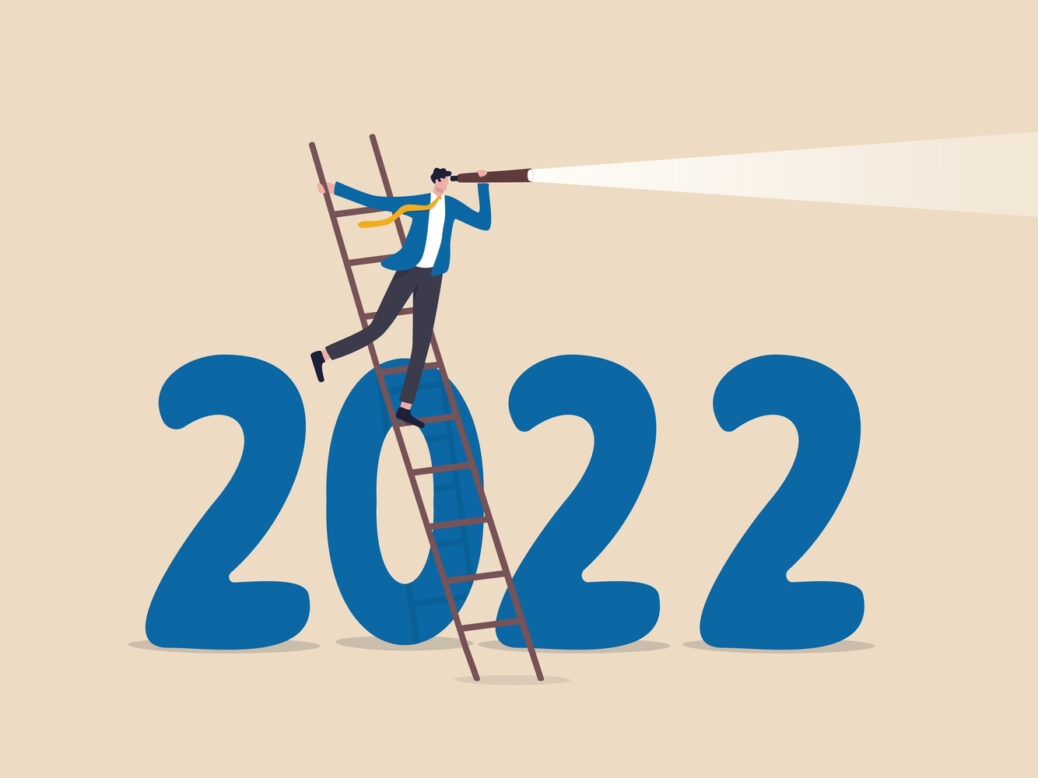hidden
Over 10 years experience of Traceability Solutions

By Pharmatrax Author
Category: Technoloy
 No Comments
No Comments
Pharma developments in 2022: what you need to know
A look at healthcare trends that will likely impact pharma’s efforts to research and develop therapeutics in 2022
Against the backdrop of the Covid-19 pandemic, pharma and biotech companies continue to innovate not just in the field of therapeutics and vaccines, but also in terms of the science to develop them.
Overall trends indicate a move toward adopting emerging technologies to discover drugs, adapting existing scientific techniques to find new therapeutic approaches within the RNA field, and decentralising clinical trials.
Here we take a look at some of our recent coverage mapping the road ahead for the pharmaceutical industry and the broader healthcare space in 2022.
Pharma: the big picture
While artificial intelligence and robotics continue to gain popularity in the pharma lexicon, Darcy Jimenez took a closer look at more specific ways in which technology can influence drug development research. In a separate article, Manasi Vaidya discovers that, fueled by the successful use of mRNA vaccines in Covid-19, RNA therapeutics are expected to make larger strides in 2022.
Elsewhere in pharma, Darcy looked into which products fall in the grey area between drugs and devices, and the financial and regulatory consequences for companies that wrongly classify their assets. As companies look to overcome continuing supply chain issues, Darcy and Andrew Hillman also crunched the numbers to find out what drugs are in short supply in the US, based on FDA data.
Meanwhile, Fiona Barry and Manasi also found that a recent international agreement to harmonise tax rates evoked mixed views on its real-world impact for pharma companies headquartered in jurisdictions long considered tax havens.
The Covid-19 pandemic significantly altered the clinical trials landscape, and a Clinical Trials Arena analysis by Andrew and Kezia Parkins shows the frequency of decentralised clinical trials will reach new heights in 2022, with a 28% jump from last year.
Looking at the bigger picture, Andrew reports that middle-income countries’ healthcare sectors are expected to outgrow those in high-income countries up until 2024. And with the more transmissible Omicron increasingly becoming the most prominent SARS-CoV-2 variant, Azadeh asks in a comment piece if this will extinguish the spark of recovery seen in the hospital sector that was detected last year. Also, she asks: how real is this 2021 recovery and will this momentum continue in 2022?
With many clinical trial sites based in hospitals, Azadeh Laffafian, in a comment piece, looked into which countries are likely to have the most hospital project completions in 2022. As for the environmental, social and governance (ESG) framework, Jennifer Smith-Parker reports that sponsors see artificial intelligence as its main investment target, with 3D printing being an untapped area.
Unconventional trial designs are being increasingly considered over the past several years to enhance clinical trial efficiency. In a series of investigations, William Newton discovers that there could be an opportunity for platform trials to gain momentum in rare dystrophies or gene therapies. While data shows that basket trials have more traction than umbrella trials, both are still a drop in the bucket when it comes to the cumulative number of rare disease studies.
The Covid-19 pandemic has further emphasised the need for better representation in clinical trials. In fact, this was a hot topic at last month’s Annual Meeting of the American Society of Hematology (ASH). Hematological cancer investigators told Adam Zamecnik the ways in which the industry could be more inclusive, with their comments applicable to a wider range of indications.



